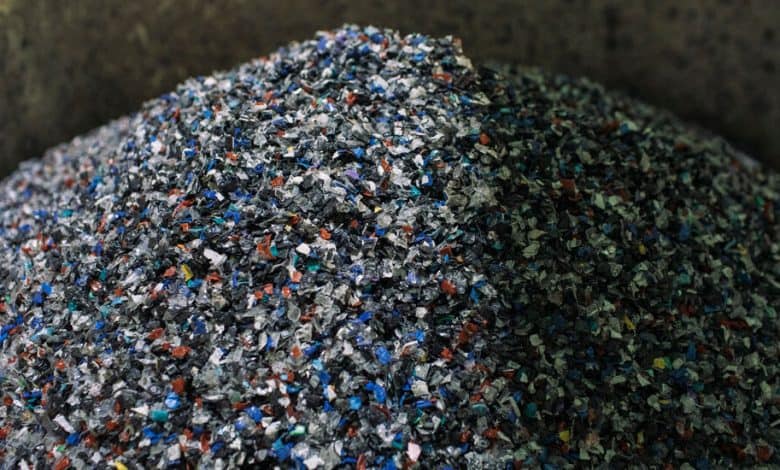Can Your Personal Medical Devices Be Recycled?

Most of the plastic in your medicine cabinet is high-quality, medical grade — and devilishly difficult to safely dispose of, let alone recycle.
The sorting equipment at standard recycling centers typically can’t handle small items, and wishfully including them only prolongs the sorting process that then increases the recyclers’ costs without salvaging the plastic. Some at-home medical products, like needles that have come into contact with bodily fluids, should not even be relegated to household trash.
Governments and big pharmacy chains offer some guidance. For example, New York state’s Department of Environmental Conservation has a map of collection boxes for safely disposing of medications, and Walgreens and CVS Health have safe medication disposal kiosks at select locations. They also sell special containers for shipping used, discarded needles and medical waste to sites for safe disposal.
But when it comes to recycling plastic devices, from asthma inhalers to insulin and allergy pens, people may find themselves ping-ponging around without a solution. Some states recommend inquiring with local pharmacies, which in turn recommend checking with municipal recycling facilities.
“What we really need is an evolving, specialized recycling infrastructure alongside the big five — paper, glass, plastic, metal and cardboard,” said Mitch Ratcliffe, publisher of the website Earth911. “That conversation is really picking up steam in some particular categories, but not in medical equipment at all.”
A few designers and companies are exploring alternatives that are more reusable or safer for the environment.